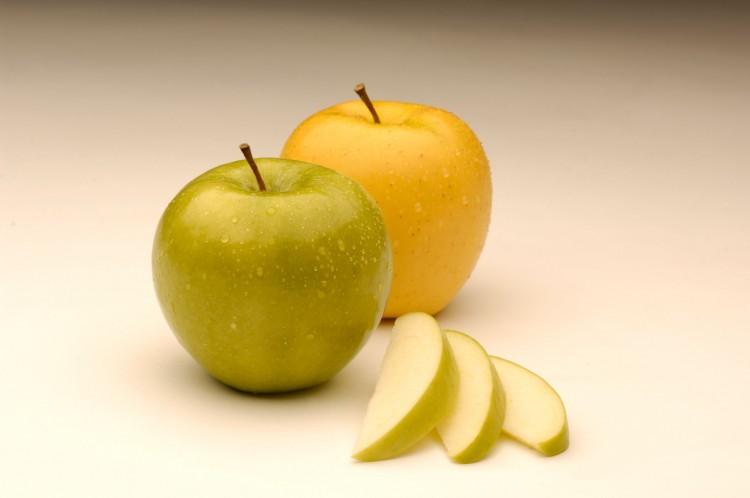Health Canada’s approval of two varieties of the world’s first genetically altered apple could encounter resistance from Canadian consumers, say apple growers and anti-GMO groups.
In a notice posted on its website, Health Canada said scientific testing of the genetically modified (GM) Golden Delicious and Arctic Granny Smith apples “ensured the apple is safe for consumption, still has all its nutritional value, and therefore does not differ from other apples available on the market.”
Developed by British Columbia biotech company Okanagan Specialty Fruits, the apple, which doesn’t brown when sliced, will be the first GM fruit grown in Canada and the second allowed on the Canadian market after a Hawaiian-grown papaya. Last month, the United States also approved the two non-browning apple varieties.




